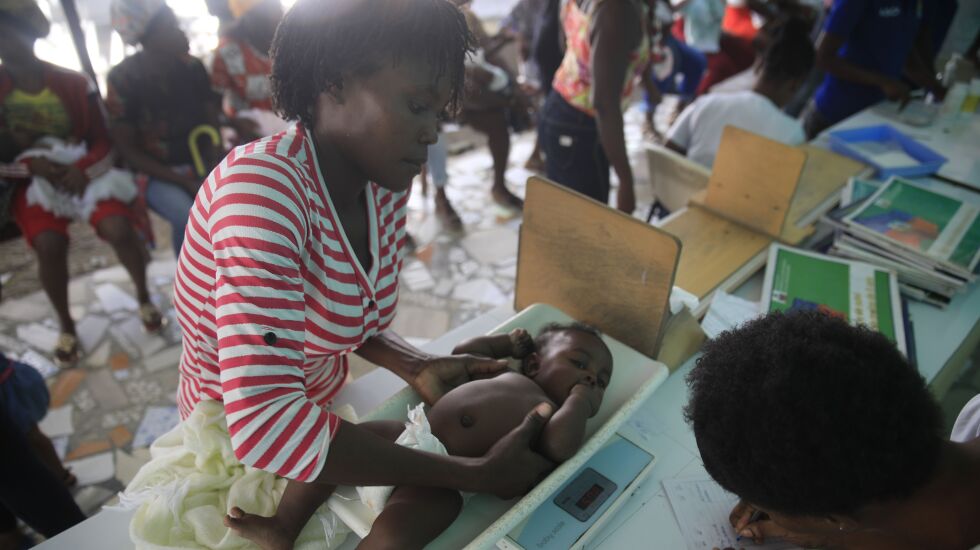
Gunfire is part of life in Cité Soleil — the most densely populated part of the Haitian capital and the heart of Port-au-Prince’s gang wars.
As gangs tighten their grip on Haiti, many medical facilities in the Caribbean nation’s most violent areas have been shut down. That’s left Fontaine one of the last hospitals and social institutions still operating in one of the world’s most lawless places.
“We’ve been left all alone,” said Loubents Jean Baptiste, the hospital’s medical director.
Fontaine can be the difference between life and death for hundreds of thousands of people just trying to survive. And it somehow remains a small oasis of calm in a city that has descended into chaos.
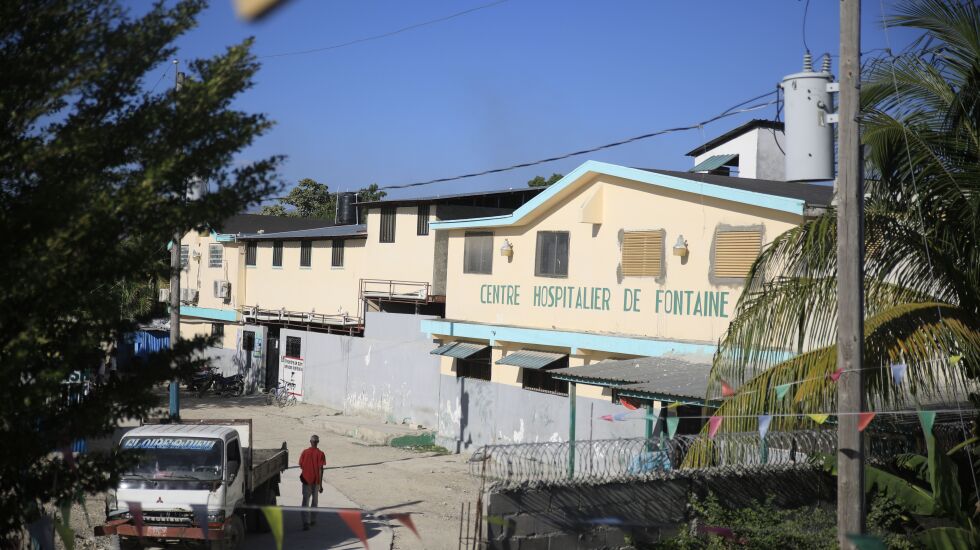
When gangsters with bullet wounds show up at the gates, doctors ask to check their automatic weapons at the door, much as they might ask to check their coats.
Doctors cannot return safely to homes in areas controlled by rival gangs. So they must live in hospital dormitories. Patients, too scared to seek basic care due to the violence, arrive in increasingly dire shape.
Access to health care never has been easy in Haiti, the poorest nation in the Western Hemisphere. But late last year it suffered a one-two punch. One of Haiti’s most powerful gang federations, G9, blockaded Port-au-Prince’s most important fuel terminal, essentially paralyzing the country for two months. And a cholera outbreak made worse by gang-imposed travel restrictions brought Haiti’s health care system to its knees.
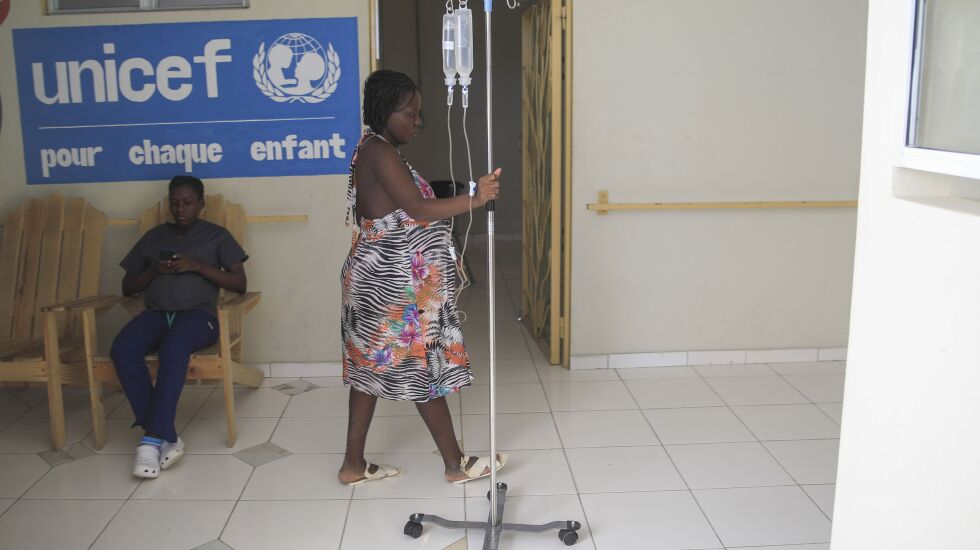
Volker Türk, the U.N. high commissioner for human rights, said violence between G9 and a rival gang has made Cité Soleil “a living nightmare.”
Reminders of the desperation are always near. An armored truck driven by hospital leaders passes hundreds of mud pies baking in the sun to fill the stomachs of people who can’t afford food. Spray-painted G9 tags dot buildings, a reminder of who’s in charge.
The U.N. documented 263 killing between July and December in just the small area surrounding the hospital, saying violence has “severely hampered” access to health services.
That was the case for Millen Siltant, 34, a street vendor. She sits in a hospital hallway waiting for a checkup, her hands clutching medical paperwork over her pregnant belly.
Nearby, hospital staff members play with nearly 20 babies and toddlers — orphans of parents killed in the gang wars.
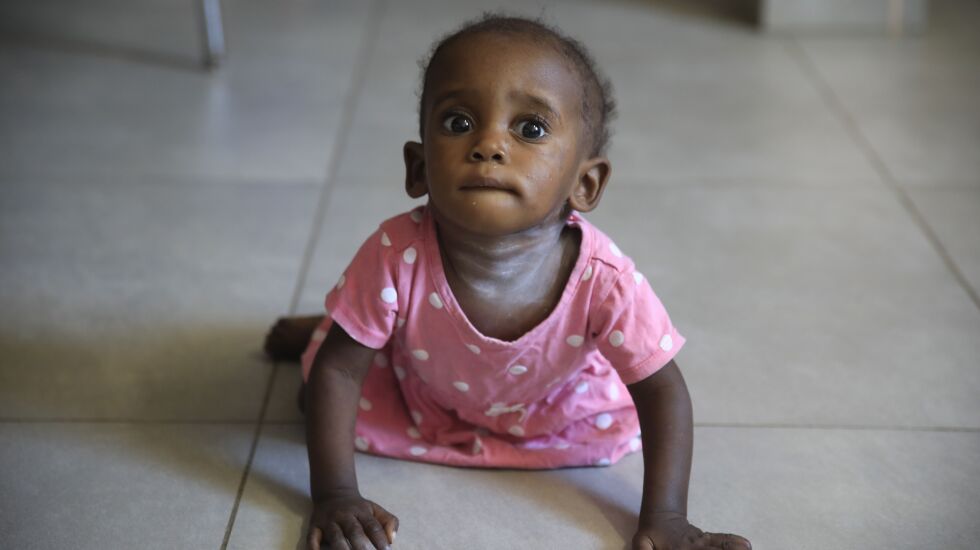
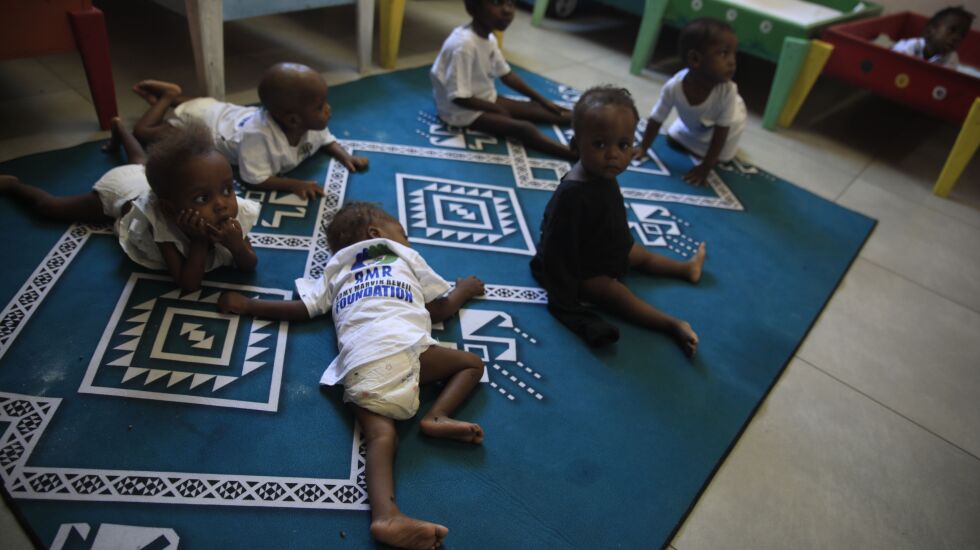
Normally, Siltant would travel an hour across the city, taking the colorful buses known as tap-taps for her prenatal checkups at Fontaine. She’d join other pregnant women waiting for exams and mothers cradling malnourished children in line for weigh-ins.
But, for two months last year, she couldn’t leave her house because gangs made travel near-impossible.
“Some days, there’s no transportation because there’s no fuel,” she said. “Sometimes, there’s a shooting on the street, and you spend hours unable to go outside … Now, I’m worried because the doctor says I need to get a C-section.”
Health care providers said the crisis has resulted in them seeing more bullet and burn wounds. It also has fueled a rise in less predictable conditions such as hypertension, diabetes and sexually transmitted infections, largely because of worsened access to primary care.
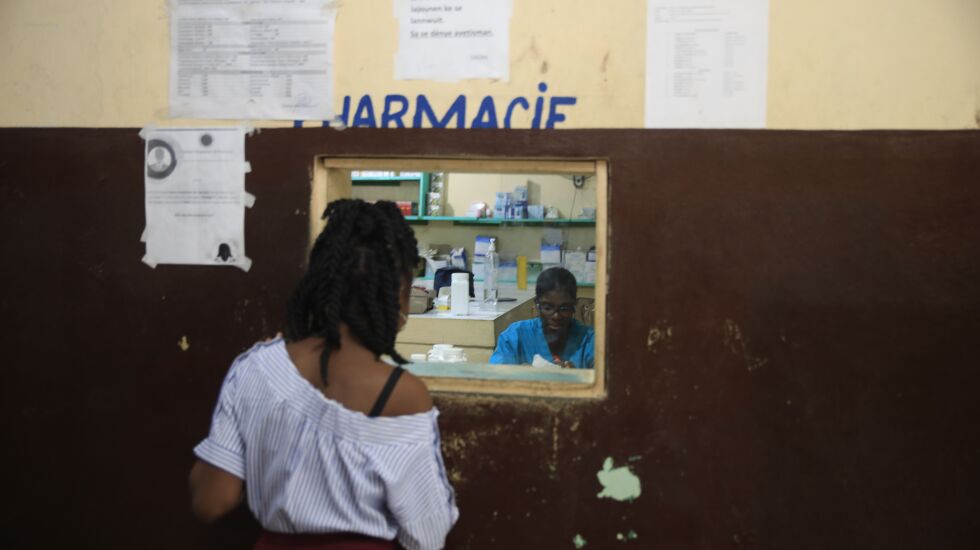
Pregnant women have been especially affected. Dr. Phalande Joseph, a gynecologist, sees this every day when she leaves her hospital dormitory and pulls on her scrubs. She snaps on surgical gloves and makes an incision into a pregnant patient’s belly, working swiftly. Then, wailing erupts from the newborn girl she has delivered, quickly swaddled in pink blankets.
Operations like these have grown more common, Joseph said, because the conditions of the city amid the turmoil can turn a pregnancy from high risk to deadly. This year, 10,000 pregnant women in Haiti could face fatal obstetric complications due to the crisis, according to U.N. data.
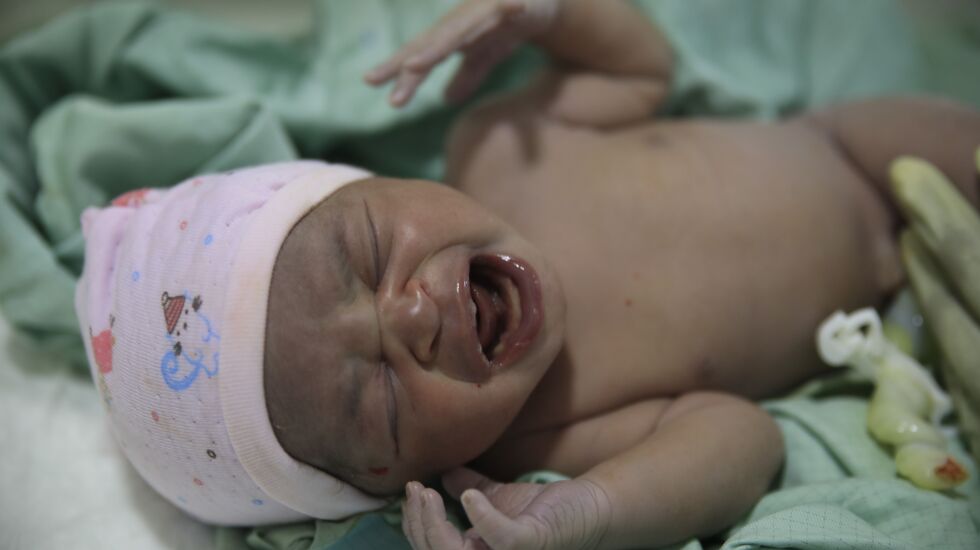
The risks are compounded by the fact that many of Joseph’s patients are sexual violence survivors or widows whose husbands were killed by gangs, fueling an air of fear.
“If they start having contractions at 3 a.m., they are terribly scared of coming here because it is too early, and they are scared something might happen to them because of the gangs,” Joseph said. “Many times when they arrive, the baby is already suffering, and it is too late, so we need to do C-section.”
Last October, four men came rushing to a hospital carrying a woman giving birth stretched out on top of a door. Because of gang lockdowns, the woman couldn’t find transportation to the hospital after her water broke.
“These four men were not even her family,” Joseph said. “They found her delivering on the street ... When I heard she lost the baby, it shook me. The situation in my country is so bad, and there is not much we can do about it.”
Started as a one-room clinic to provide basic medical services to a community with no other resources, Fontaine Hospital Center was opened in 1991 by Jose Ulysse. He and his family have worked to expand the hospital year after year and fight to keep their doors open.
Today, it’s the only facility in Cité Soleil doing C-sections and other high-level surgeries.
Because most of the people in the area live in extreme poverty, the hospital charges patients little or even nothing even as it struggles to afford medical equipment with funds from UNICEF and other international aid providers while, between 2021 and 2022, seeing a 70% increase in the number of patients.
The hospital has a certain level of protection because it accepts all patients.
“We don’t pick sides,” Jean Baptiste said. “If the two groups face off, and they arrive at the hospital like any other person, we treat them.”
Even the gangs understand the importance of medical care, he said.
Yet the walls still feel like they’re closing in. Rising numbers of carjackings of medical vehicles have made it impossible for Fontaine to invest in an ambulance. When ambulance operators are called from Cité Soleil, they respond: “Sorry, we can’t go there.”
Doctors worry but keep working as they’ve always done.
“You say, well, I have to work,” Jean Baptiste said. “So let God protect me.”







